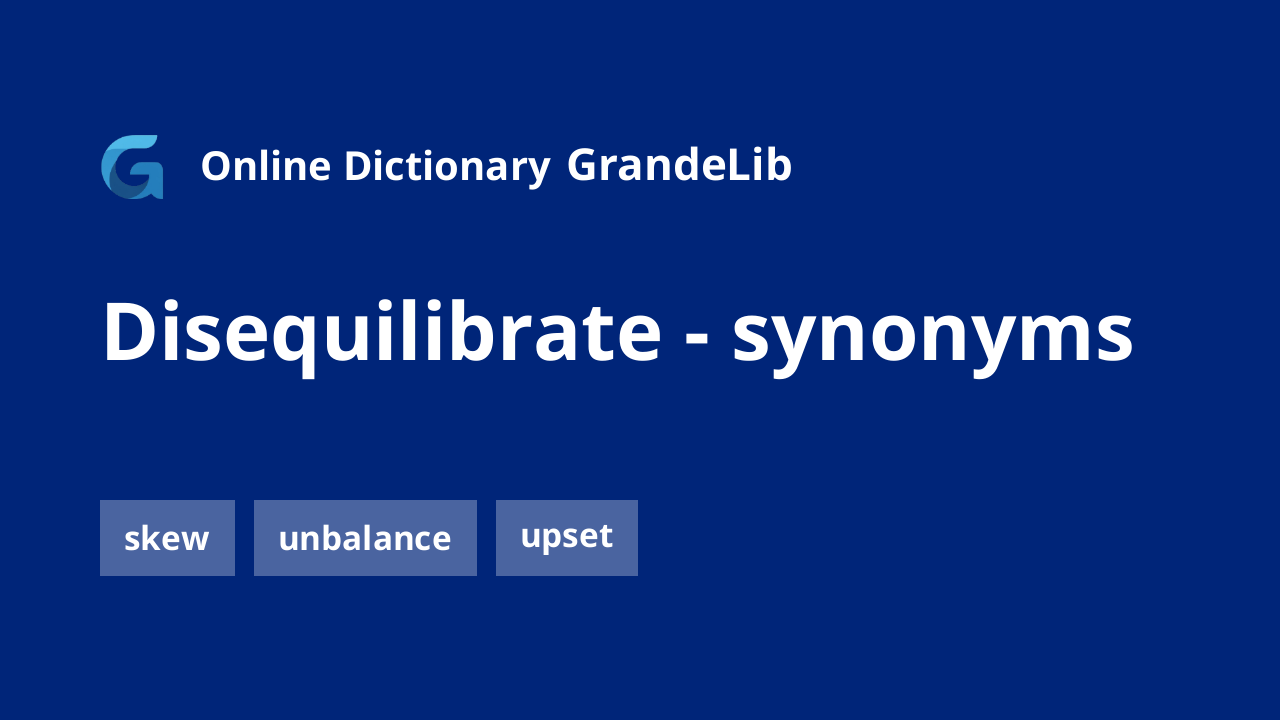
This verb describes the act of causing someone or something to lose their balance, either physically or emotionally. It implies a disruption of equilibrium, leading to instability or a feeling of being off-kilter. The effect can be sudden and dramatic, or gradual and subtle. It can refer to a loss of physical stability, such as being thrown off balance by a push. It can also describe a disruption of emotional stability, such as being deeply shaken by bad news. The term suggests a deliberate or unintentional act that upsets a state of harmony. It implies a vulnerability to external forces that can disrupt one’s composure. Disequilibrating experiences can be challenging to cope with, requiring time and effort to regain balance. It’s a powerful verb that emphasizes the impact of disruption on an individual or system. The term is often used in psychological or physiological contexts to describe the effects of stress or trauma. It’s a state that can be temporary or long-lasting, depending on the severity of the disruption. The process of regaining equilibrium often involves self-regulation and support from others.
[not found]
We don't have any pronunciation examples for this word on YouTube yet. You can add your example to help other users of our service and make our dictionary more useful for everyone. Your contribution will be valuable for the whole community!
It is a sign that the mind of the student is completely disequilibrated. |
In the fourth solar Dantesque circle dwell all those who disequilibrate the scales of universal economy; am I right? |
BIALLELIC MARKERS FOR GENERATING HIGH DENSITY DISEQUILIBIUM MAPS OF THE HUMAN GENOME. |